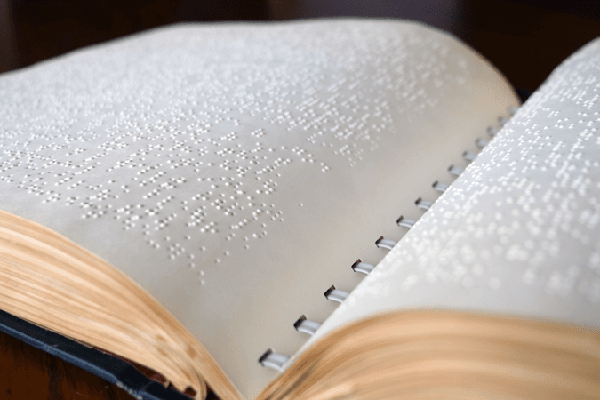Prime
Big milestone for PWDs as govt launches braille constitution

This photo taken on December 3, 2022 shows legal tools for PWDs as they were launched during celebration to mark World Disability Day in Kole District. PHOTO/BILL OKETCH
What you need to know:
- However, Vice President (VP) Jessica Alupo said if Uganda is to attain inclusive development, persons with disabilities deserve “opportunity not sympathy”.
The government has launched a number of legal tools as the country moves to become more responsive to Ugandans with disabilities.
The legal tools including the braille constitution, the audio-visual version of the Persons with Disabilities Act and the revised National Policy on Persons with Disabilities (PWDs) were launched by Vice President (VP) Jessica Alupo on Saturday.
The ceremony was part of the celebration to mark World Disability Day at Okole Primary School in Kole District.
The revised National Policy on PWDs launched on December 3, 2022, for instance, “is to guide and inform the planning process, resource allocation, implementation, monitoring and evaluation of activities with respect to PWDs.”
Ms Mary Otieno, the country representative of the United Nations Population Fund (UNFPA), explained that the revised policy means “a Ugandan born in 2022 can ask for a sign language interpretation on job interviews.”
“Without laws and policies, and without enforcement of the laws and implementation of policies, these things don't happen. Therefore, I appeal to both the government and partners to increase financing towards implementing this policy,” she added at the event.
This year’s World Disability Day was celebrated under the theme: “Leadership and mindset change: a tool for inclusive development”.
“We all know many people with disabilities who can work and want to work and have so much to contribute but are not employed. Our employment infrastructure, office spaces and communication technologies are often not set up to address the issues of disabilities,” Ms Otieno observed.
Ms Betty Amongi, the minister of Gender, Labour and Social Development, said her ministry will ensure everybody is included in the country’s development agenda.
Mr Yona Wasswa, the chairperson of National Council for Persons with Disabilities, acknowledged that they have not been able to offer efficient and quality services to persons with disabilities because of a number of challenges such as limited training and deployment of sign language interpreters in the country and limited resources to mobilise persons with disabilities to participate in government programmes.
“The council is also underfunded. We received Shs1.2 billion per financial year,” he said.
Ms Judith Alyek, the Kole woman Member of Parliament, urged members of the community to support children with abilities so that they can be useful citizens.
But VP Alupo, who was chief guest at the celebration, pledged government's commitment towards supporting persons with disabilities.
“I am also reliably informed that Uganda has become the thirteenth country globally to have a braille version of the Constitution and this is a big milestone for people with disabilities,” she said.
However, she said if Uganda is to attain inclusive development, persons with disabilities deserve “opportunity not sympathy”.
The Uganda Bureau of Statistics Census Report 2016 indicated that 12.4 per cent of the Ugandan population lives with some form of disability, implying that approximately 4.5 million Ugandans are persons with disability hence a development concern.




